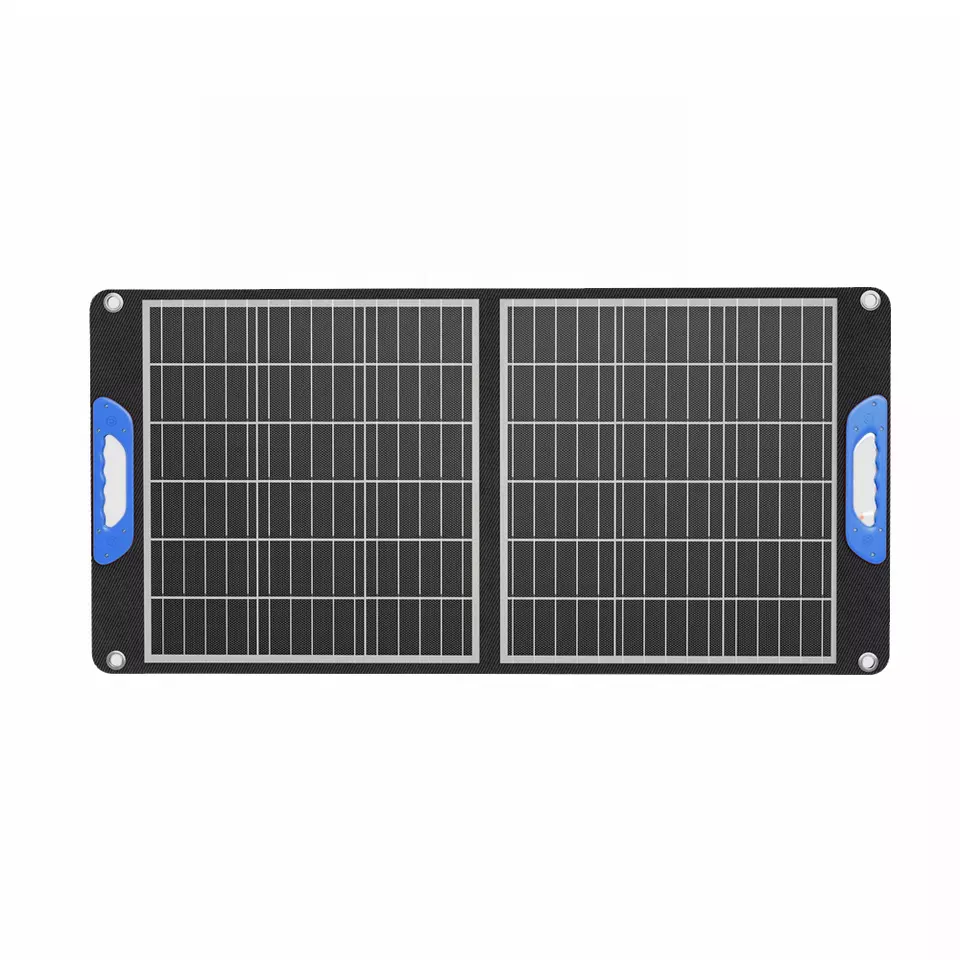A solar cell panel, solar electric panel, photo-voltaic (PV) module, PV panel or Solar Panel is an assembly of photovoltaic solar cells mounted in a (usually rectangular) frame, and a neatly organised collection of PV panels is called a photovoltaic system or solar array. Solar panels capture sunlight as a source of radiant energy, which is converted into electric energy in the form of direct current (DC) electricity.
60w Solar Panel,Solar Panel System For Home,Solar Panels 200 Watt,Solar Panels suzhou whaylan new energy technology co., ltd , https://www.xinlingvideo.com
Macro definition analysis of formal and actual parameters in c language
The C programming language supports macros with parameters. These macros are similar to functions in some ways, but they work differently during preprocessing. In a macro definition, the parameters are referred to as formal parameters, while the values passed during a macro call are known as actual parameters.
When a macro is called, the preprocessor replaces the macro name with its defined body, substituting the actual parameters for the formal ones. This process is purely textual and does not involve any type checking or variable allocation, which is different from function calls.
The general syntax for defining a macro with parameters is:
```
#define macro_name (parameter_list) replacement_string
```
In this format, the `replacement_string` contains one or more occurrences of the formal parameters. When the macro is used, each formal parameter is replaced by the corresponding actual argument.
For example:
```
#define M(y) y * y + 3 * y
```
When this macro is called as `M(5)`, it gets expanded to `5 * 5 + 3 * 5`.
Another example is a macro that finds the maximum of two numbers:
```
#define MAX(a, b) (a > b) ? a : b
```
This macro can be used like `max = MAX(x, y);`, where `x` and `y` are actual parameters. After expansion, the code becomes `max = (x > y) ? x : y;`.
There are several important points to consider when using macros with parameters:
1. **Spacing Matters**: There should be no space between the macro name and the parentheses that enclose the parameter list. For instance, `#define MAX(a,b)` is correct, while `#define MAX (a,b)` would define a macro without parameters, leading to errors.
2. **No Data Types**: Unlike functions, macros do not require data types for their parameters. The actual arguments provide the necessary data, and the macro simply substitutes them into the replacement string.
3. **Parentheses Are Essential**: To avoid unexpected results due to operator precedence, it's crucial to enclose macro parameters and the entire expression in parentheses. For example, `#define SQ(y) (y) * (y)` ensures that expressions like `SQ(a+1)` expand correctly to `(a+1) * (a+1)` instead of `a+1*a+1`.
4. **Symbolic Replacement**: Macros perform a simple text substitution without evaluating expressions. This means that if you write `SQ(a+1)`, it will be replaced with `a+1*a+1`, which may not give the intended result unless properly parenthesized.
5. **Potential for Errors**: Because macros are expanded at compile time, they can introduce subtle bugs if not used carefully. For instance, using `SQ(a+1)` without proper parentheses could lead to incorrect calculations, such as `200 / SQ(a+1)` becoming `200 / (a+1) * (a+1)`, which evaluates to 200 instead of the expected 2.
To ensure correct behavior, always use parentheses around both the macro parameters and the entire replacement string. A safer version of the square macro would be:
```
#define SQ(y) ((y) * (y))
```
This way, even complex expressions like `200 / SQ(a+1)` will expand correctly to `200 / ((a+1) * (a+1))`, giving the desired result.
In summary, macros in C are powerful tools that allow for flexible code reuse, but they must be used with care. Understanding how they work and following best practices—such as using parentheses and avoiding unintended side effects—can help prevent common pitfalls and improve code reliability.